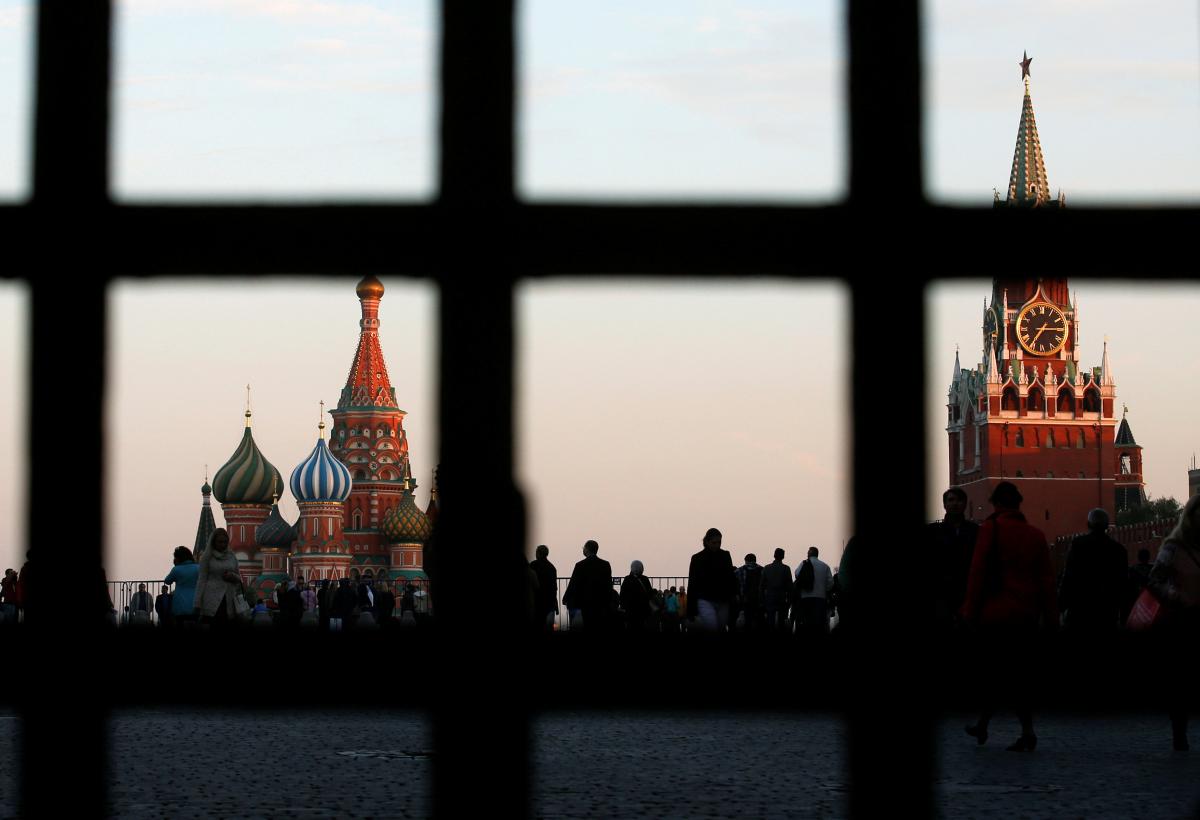
Every day, "paid experts" fly from Kyiv to Moscow, creating an illusion of the objectivity of Russian TV channels and enabling them to call their propaganda "journalism." These "experts", however, deny that they are taking money for their input.
The European Pravda online newspaper from Ukraine went for a journalistic experiment and collected evidence that their claims are a lie.
One of the publication's journalists has gone throughout the whole selection process by the Russian propaganda NTV channel, including agreeing on a financial reward.
"This raised even more questions to Ukrainian 'scapegoats' on Russian TV shows," reads the report.
At the beginning of this week, several Ukrainian journalists, including two employees of the European Pravda, received via Facebook Messenger an identical offer to participate in a panel show. The message came from the same person, Julianna Khan, who said she worked for Russian television,
"As a rule, the topics for discussion of our program are Russia's relations with other countries, such as Ukraine, the USA, France, Germany, Poland, and others," Julia explained.
The entire routine – from an initial offer to getting an actual plane ticket to Moscow – took under 48 hours.
An initial reward for participating in the show was agreed at $150, with its further doubling and without a certain "ceiling" of payments set.
Besides, the TV channel spent another $400, approximately, on a plane ticket for the guest, plus valet charges from the airport, a hotel stay, etc.
If an "expert" is good at waving their hands erratically during the show and if they live up to the scriptwriters' expectations, it's quite possible they will get to attend 10 shows a month – that is, to get up to $3,000, which among other things is hidden from Ukraine's taxes, the report explains.
If it's prime time or if they have earned a status of an experienced expert, the fees are rising substantially, writes the journalist.
"And the fact that such 'work' means taking part in a hybrid war against its own state, unfortunately, does many of those people..." European Pravda reports.
Read alsoStopFake points at Russian narratives in mainstream Western media
The interaction with the Russian TV official showed that "they simply don't need expert knowledge or professionalism in discussion. This, in fact, is not surprising. After all, Russian channels do not aim to understand or find the truth. Their scenario assumes that "the truth" is already known."
But it would be wrong to assume that NTV is only looking for pro-Russian Ukrainians as this would not be enough to simulate the balance of thoughts. Russian TV really needs pro-Ukrainian voices, which will remain in minority during the shows and definitely lose in a heated live dispute on Russian TV.
It was such a role that Juliana planned to assign to the European Pravda journo.
In general, the role of "famous pro-Ukrainian experts" is performed by people unknown to the Ukrainian TV audience. For example, most Ukrainians have never heard about Vyacheslav Kovtun, Director of the Center for Social Research Processes "Expert." At the same time, he is one of the most popular guests on Russian TV.
Read alsoNot all quiet on EU's "eastern front" as Russia seeks to split unity - media
Kovtun always supports the Ukrainian government, defends the president and the prime minister, while doing this so pathetically that he has gained fame among Russian viewers. Even the Russian media call him one of the most "profiting" Ukrainian experts who gets nearly $10,000 a month.
The European Pravda's experiment ended with the journalist not checking in on a plane to Moscow via Minsk and ultimately not appearing on the air of a Russian propaganda show.
However, a few questions were left unanswered, according to the publication.
"First, why did the TV channel send only a one-way ticket to Moscow? Indeed, they promised that the return ticket will be provided later, but why? And secondly, it is interesting why they required personal data that was not in fact needed for purchasing a ticket – patronymic, date of birth, and place of birth," wrote the journalist.
"However, it doesn't really matter as I'm certainly not going to travel to Russia anyway, and I don't advise that anyone do it, at least until Moscow returns Crimea to Ukraine and gets out of Donbas," the journalist concluded.

